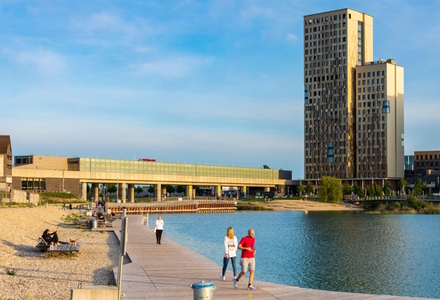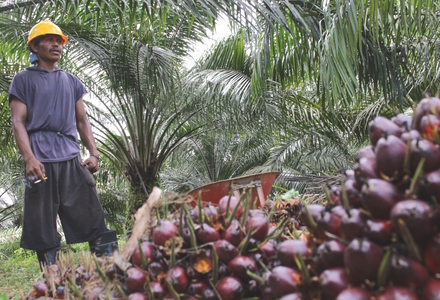With a view to the current budget discussions for 2025: the “KTF” is overburdened, federal money is needed for important funding and investment programmes.
Second update of the “Indicators of Global Climate Change” research initiative with contributions from MCC. The 1.5-degree Celsius threshold is all but breached.
New State of CDR report shows the need for a much stronger set of policies. Joint press release of MCC, SWP, IIASA, University of Oxford and University of Wisconsin-Madison.
Heavy additional demand for commodities like cobalt, lithium, copper, aluminium and iron. Countermeasures include behavioural changes in mobility, housing and nutrition.
MCC Director Ottmar Edenhofer: “The conflict of beliefs over the core instrument of climate policy can be resolved with facts.” Calculation concept is also suitable for updates.
Two studies co-authored by MCC shed light on the opportunities for policymakers to incentivise this, and on the importance of this topic using China as an example.
An MCC-led study based on health insurance data uses rigorous methodology to quantify the cause-effect relationship. Relevant also for more far-reaching driving bans.
Taking its cue from the UN Emissions Gap Report. Countries’ current plans to extract CO2 from the atmosphere are off-track to comply with the 1.5-degree limit.
One gigatonne per year by mid-century. An MCC study determines the potentials, various co-benefits and possible barriers to implementation.
Understanding governments’ motives is crucial to strengthening climate action. Analysis in the top journal JAERE with confidential data from the world’s fourth largest country.















